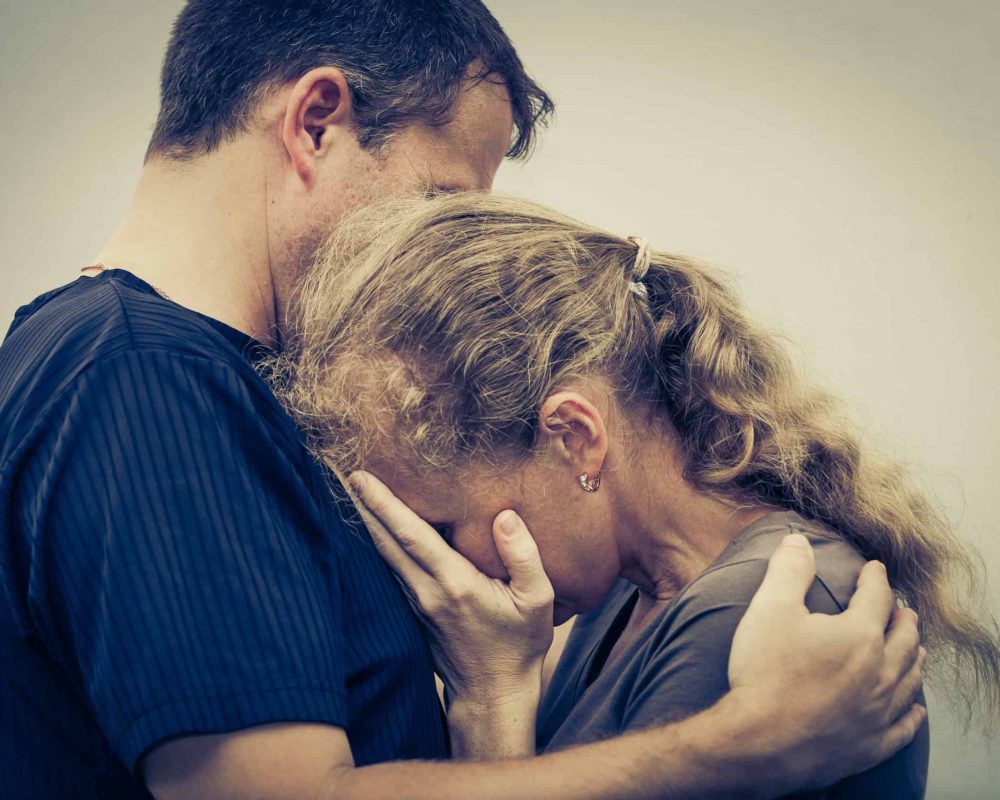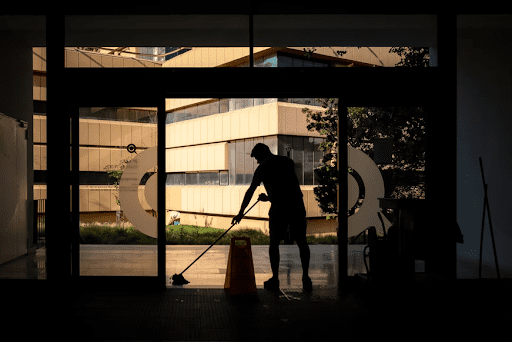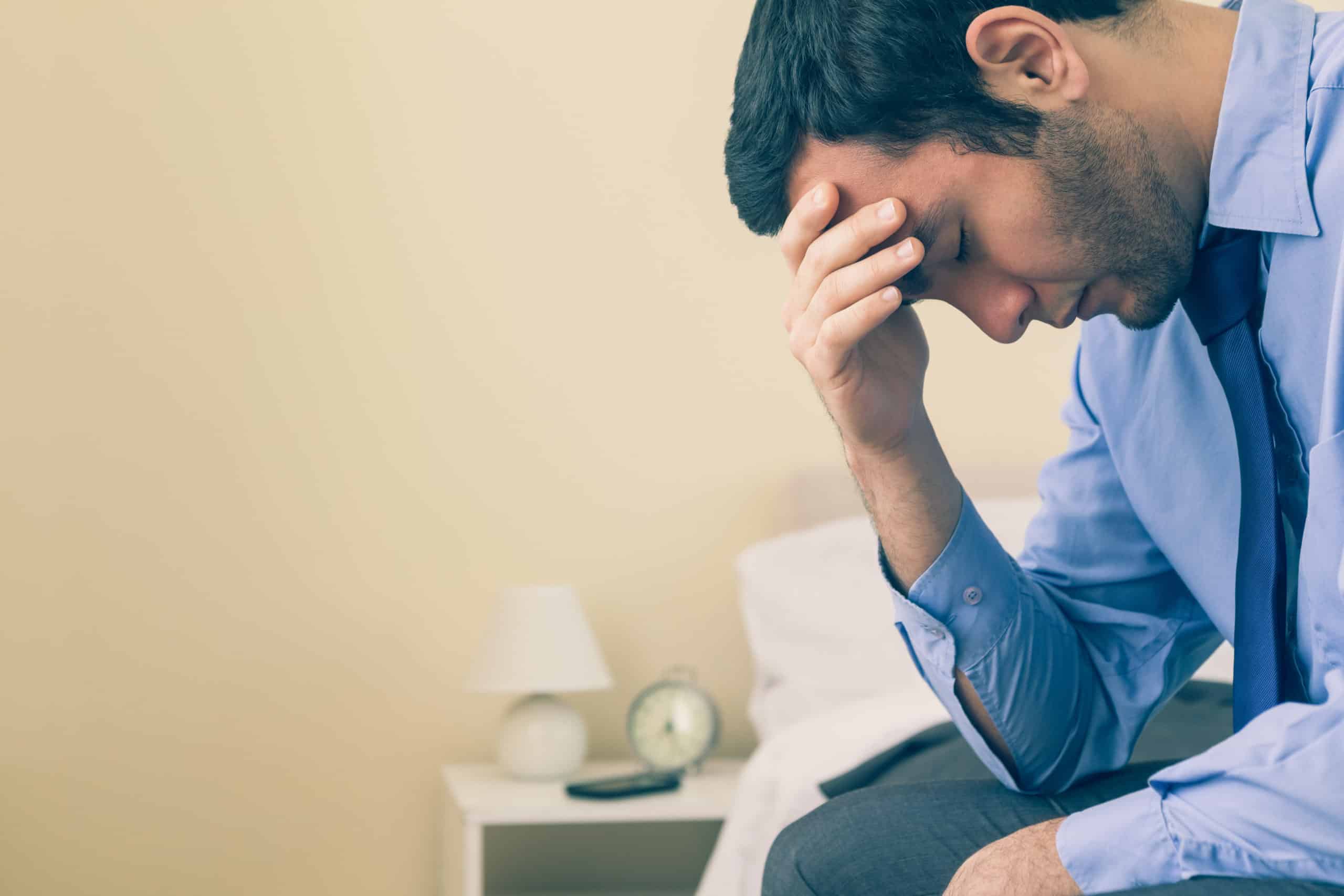The death of a loved one is tragic and undeniably difficult to process. However, when the cause of death is a suicide, it can take pain, confusion, and grief to an even deeper level.
If you’ve lost a loved one to suicide, you know grief can take an emotional and even physical toll. How can you cope?
Take Time to Grieve
Grief displays itself in many ways, and there’s no right way to grieve. Most likely, grief will come in unpredictable waves.
There will be days you’ll feel better and days that will be especially hard. Instead of being frustrated with your grief, try the following:
- Give yourself permission to feel and express your emotions
- Keep a journal
- Celebrate the achievements of your loved one
- Take time to reflect on happy memories you had with them
- Expect good days and bad
- Take care of your physical and mental wellbeing
- Be patient with yourself
Let Go of Guilt
Feelings of anger, guilt, and blame are common after a loved one’s suicide. You might dwell on what you or others should have said or done differently or warning signs you should’ve noticed.
It’s also common to feel guilty as the healing process begins. So how can you combat these negative feelings toward yourself and those around you?
- Recognize that you can’t control everything
- Remind yourself that the blame lies in the pain, grief, addiction, depression, or other mental health issues. Blaming them, yourself, others, or even God will block your healing path.
- Remember that anyone can miss warning signs, and no one knows what’s going on in another person’s mind.
Reach Out For Support
You’re not alone, and reaching out and accepting support from others will help remove some of the burdens you feel and help you start to heal. Even if you’re not ready to talk about the event, just spending time with friends and family will give you comfort.
Confide in supportive friends and family members who will let you talk without judging your feelings or telling you how to feel. You can also speak to a grief counselor or therapist. You can do this one-on-one, or you can join support groups where others have experienced similar situations.
There are several resources for individuals and families dealing with grief and loss right here in Austin. The Austin Center for Grief & Loss and Survivors of Suicide – Austin offers support groups and resources for those who have lost loved ones to suicide.
Looking Forward
As you cope with a loved one’s suicide, you might feel like your life is changed forever. But you can be sure that you will have a happy, meaningful life once again. So use this time to celebrate your loved one’s life and the good memories you shared.
Creating a tribute in your loved one’s name, such as a charity or memorial, can help you give meaning to their life. You can also use your experience to help others in similar circumstances.
As you continue to move forward, remember that you’re not alone. Friends, family, support groups, and grief professionals can help you through the grieving process and beyond.
Suicide Clean-Up Services in Austin, Texas
If you’ve experienced the traffic loss of a loved one, know that we at Austin Bio Clean offer our full support and condolences. Additionally, our professional and discreet team is trained and experienced in suicide clean-up and is here for you from the very start.
Give us a call today to learn more.




